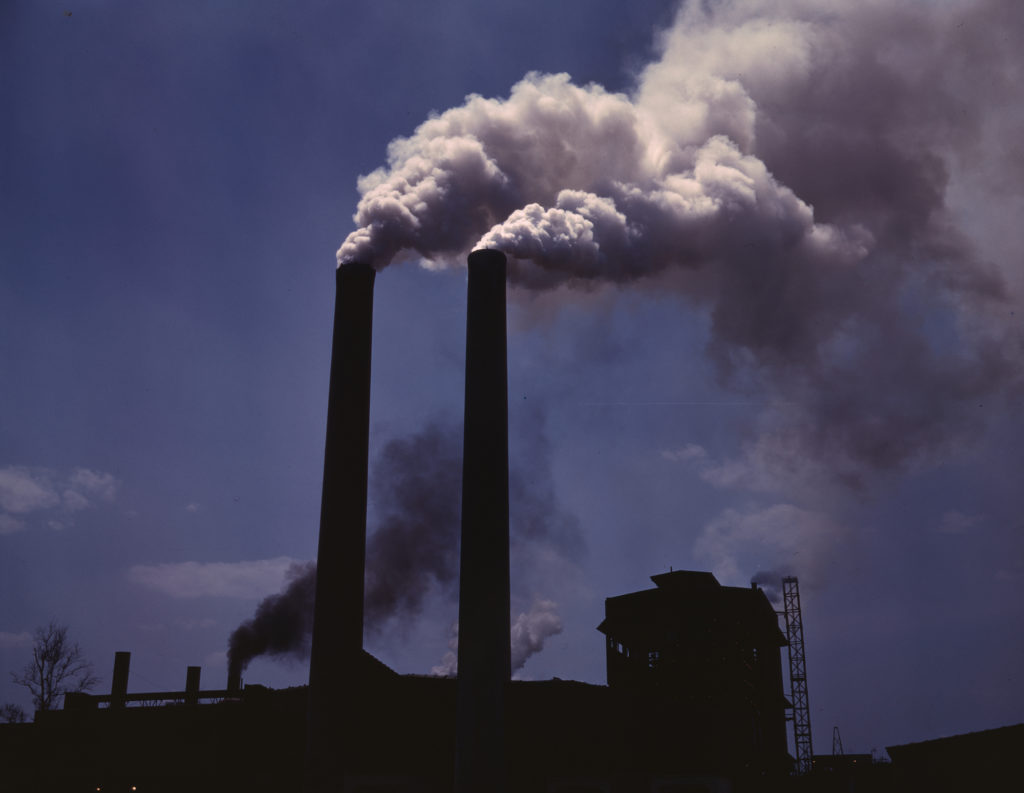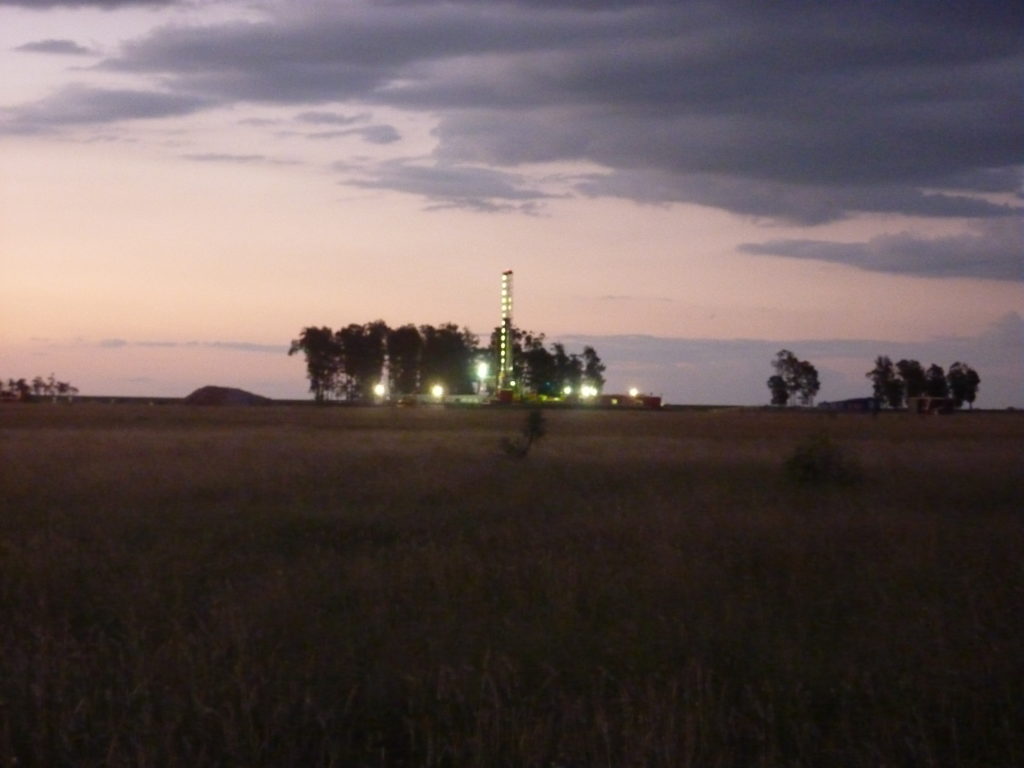WORKSHOP: The role of scientific advice in crisis response
- Title: Is there a doctor (PhD) in the room? The role of scientific advice in crisis response
- Date: 1st November 2018, 17:30 – 19:30
- Location: The Peter Richards Room, Hughes Hall
- Registration: click here for the Eventbrite page.
In times of crises , the government can call experts to give scientific advice for response and management. This first workshop of the term will provide Cambridge early-career researchers with an understanding of how policy-making is affected by crises.
The workshop will be led by experts working in civil service and academia, in particular:
Dr Andrew Kaye – Government Office for Science, Head of International Resilience
Dr Julius Weitzdörfer – Center for the Study of Existential Risk, Research Associate
Dr Emily So – Cambridge Architectural Research Ltd, Director
The workshop will include discussions on ensuring the quality of scientific advice in a crisis, as well as how future policies could build resilience against such events. The speakers will deliver a short presentation about their work and how it influences policy, followed by a case-scenario for the workshop attendees where the speakers will advise and question their decisions to make them more robust.
This workshop will be followed by a drinks reception.







